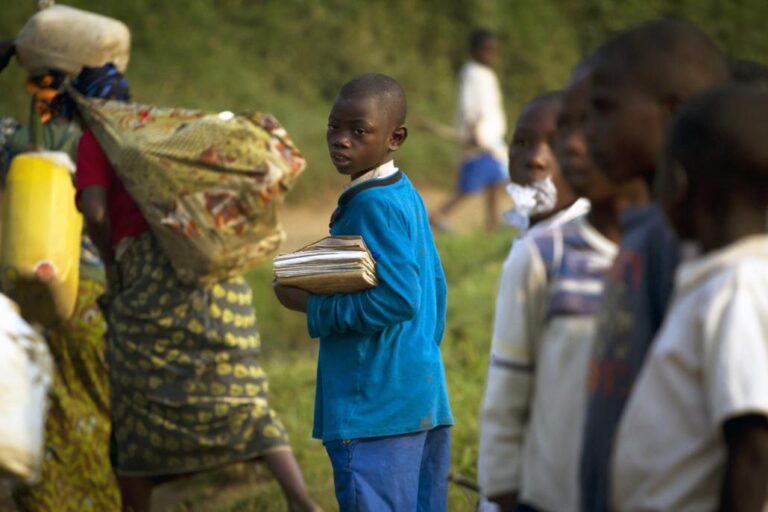Understanding Higher Education in the DRC
The Democratic Republic of the Congo (DRC) has a complex educational landscape that significantly impacts its development. Higher education is essential for the nation’s progress and innovation. Despite challenges, it plays a crucial role in shaping the future of its youth.
Current State of Higher Education
In recent years, the DRC has witnessed a gradual expansion in the number of higher education institutions. There are both public and private universities, catering to a diverse student population. This expansion, however, comes with its own set of challenges, including resource constraints and varying quality of education.
Challenges Facing Higher Education
Many universities in the DRC struggle with inadequate funding, which affects infrastructure and educational resources. Access to technology and up-to-date materials is often limited. These challenges hinder the effective delivery of quality education, which is vital for the country’s development.
The Role of Government and Policy
The Congolese government has initiated several reforms aimed at improving the higher education system. Investment in education is seen as a pathway to national development. However, the implementation of these policies often encounters bureaucratic hurdles.
International Support and Collaboration
International organizations and foreign universities have shown interest in supporting higher education in the DRC. Collaborative programs aim to enhance educational quality and increase research capabilities. Such partnerships are crucial for building a more resilient and capable workforce.
Future Prospects
Looking ahead, there is hope for the transformation of higher education in the DRC. With continued investment and reforms, the educational landscape can improve significantly. A more educated population will be instrumental in driving economic growth and social progress.
For more in-depth information on higher education in the DRC, check out this link.

